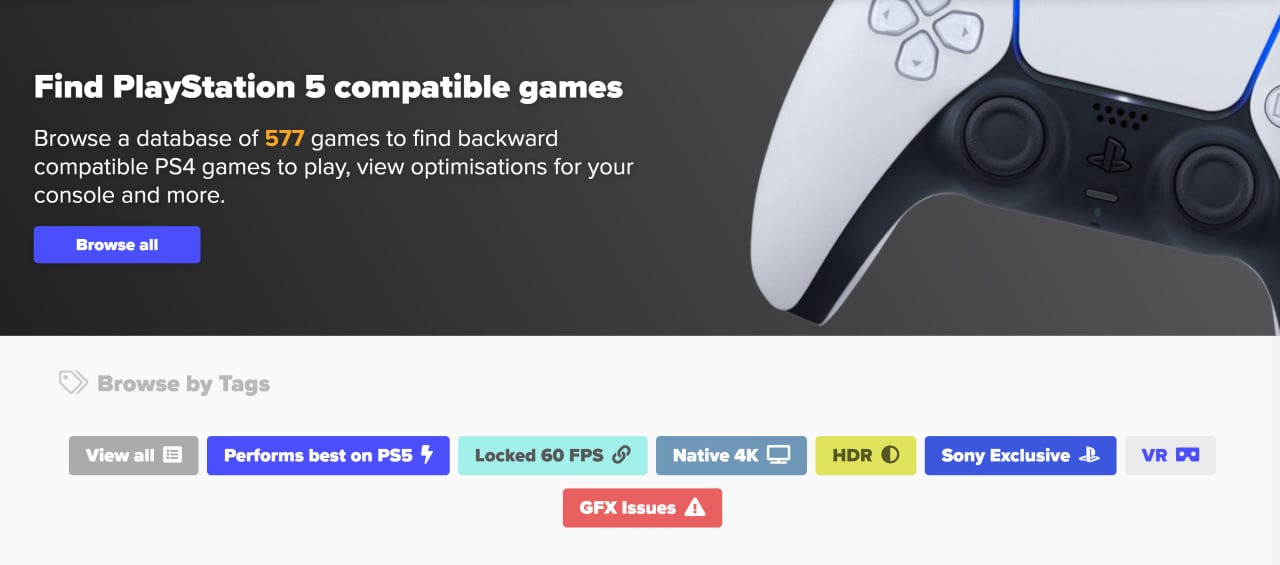Why the PS5 Still Lacks Backwards Compatibility with PlayStation Games
Sony’s PS5 Lacks Native Hardware Support for Older PlayStation Disc Formats
The PS5’s hardware configuration was not designed with backwards compatibility in mind. Unlike its predecessor the PS4 which played both PS4 and PS3 games, the PS5 lacks the necessary drives and system architecture needed to natively play physical discs from the original PlayStation, PS2 and PS3 consoles. The PS5 does not have a compact disc (CD) drive needed to read the original PlayStation’s game discs. Similarly, it lacks support for the digital versatile disc (DVD) format utilized by the PS2 era. While the PS3 moved to Blu-ray discs like the PS4 and PS5, the complex Cell microprocessor architecture of the PS3 poses significant challenges for running its vast game library on newer hardware. Without the proper low-level hardware capabilities, PlayStation games from past generations cannot be played directly from their physical media on the PS5.
Alternative Digital Options for Experiencing Classic PlayStation Titles
For fans seeking ways to revisit classic PlayStation games, Sony does offer some alternative options albeit with limitations. Select original PlayStation titles can be purchased digitally from the PlayStation Store to play on a PS4 and transferred to the PS5. Additionally, PlayStation Now allows streaming access to a large catalog of PS2, PS3 and PS4 games for a monthly subscription fee. However, input lag and occasional streaming issues can affect gameplay quality. Outside of Sony’s official support, third-party emulators on PCs enable playing ROM files of older PlayStation games. But emulation is still an imperfect solution and requires obtaining game ROM files through unofficial means.
Microsoft and Nintendo Lead the Way on Backwards Compatibility Support
In comparison to its competitors, Sony has taken a more limited approach to backwards compatibility across console generations with the PS5. Both Microsoft and Nintendo have gone much further in embracing a player’s existing game library. The Xbox One, Xbox One X and Xbox Series X/S can all play the vast majority of original Xbox and Xbox 360 games thanks to backwards compatibility support at both the hardware and software levels. Similarly, the Nintendo Switch enables downloading and playing countless older Nintendo titles from the NES, SNES, Nintendo 64 and Game Boy eras through the Nintendo eShop.
The Frustration of Loyal PlayStation Fans Unable to Play Classics
For longtime PlayStation fans, being unable to pop in that beloved PS1, PS2 or PS3 game and play it natively on their new PS5 console is understandably frustrating. Collectors who have amassed huge physical game libraries spanning multiple console eras feel those investments are not fully respected or honored on Sony’s latest hardware. It is also disappointing that people are unable to directly introduce their friends and family to the many genre-defining titles released during PlayStation’s early years without resorting to clunky workarounds. The lack of built-in backwards compatibility arguably sends an unfriendly message that Sony is not committed to preserving the history and legacy of its brand for new and longtime players alike.
Enhancing Console Value and Cementing Brand Loyalty Through Backwards Compatibility
By more comprehensively supporting backwards compatibility, Sony could significantly boost the value and appeal of the PS5 while further cementing player loyalty to the PlayStation ecosystem. Being able to seamlessly access expansive game libraries spanning multiple console generations enhances the prestige and perceived worth of a system. It lowers access barriers for curious newcomers wanting to experience beloved classics of gaming’s past. Additionally, backwards compatibility helps keep existing fans engaged by allowing nostalgic trips down memory lane or facilitating virtual multiplayer matchups across eras. From a business perspective, backwards compatibility represents untapped digital revenue that Sony leaves on the table by not selling or streaming more legacy content to its installed base of over 100 million PlayStation owners.
Fans Remain Hopeful for Improved Compatibility as the PS5 Matures
While the PS5’s initial backwards compatibility shortcomings are understandable given the transition to new console hardware, that has not eased the disappointment of being unable to play one’s physical PlayStation disc collection. However, many fans still harbor hope that Sony may find solutions as the console matures through its lifespan. As emulation techniques continue advancing on PCs, so too may their implementation on Sony’s powerful new systems become more tenable over time. Fans also optimism that expanded digital offerings or streaming could one day deliver broader access to more games from across the PlayStation generations. Even partial progress would thrill players and show Sony’s commitment to its long history. Only the coming years will tell if the PS5 can evolve its architecture and software to close the backwards compatibility gap with PlayStation’s rich gaming legacy.
Conclusion
In summarizing, the PS5 currently lacks the essential native hardware and system support needed to play physical game discs from the original PlayStation, PS2 and PS3 eras. While Sony offers some alternative digital options, it significantly trails competitors Microsoft and Nintendo in embracing a user’s extensive library of older titles. The inability to enjoy massive numbers of classic PlayStation games in their original forms understandably frustrates collectors and fans. However, as emulation techniques advance and the PS5 system matures, there remains hope that Sony can improve backwards compatibility to better honor its legacy and preserve interactive entertainment history for current and future generations of players to experience. Only time will tell if the PS5 can evolve to more fully unlock the value of the massive catalog amassed across PlayStation’s storied past.

